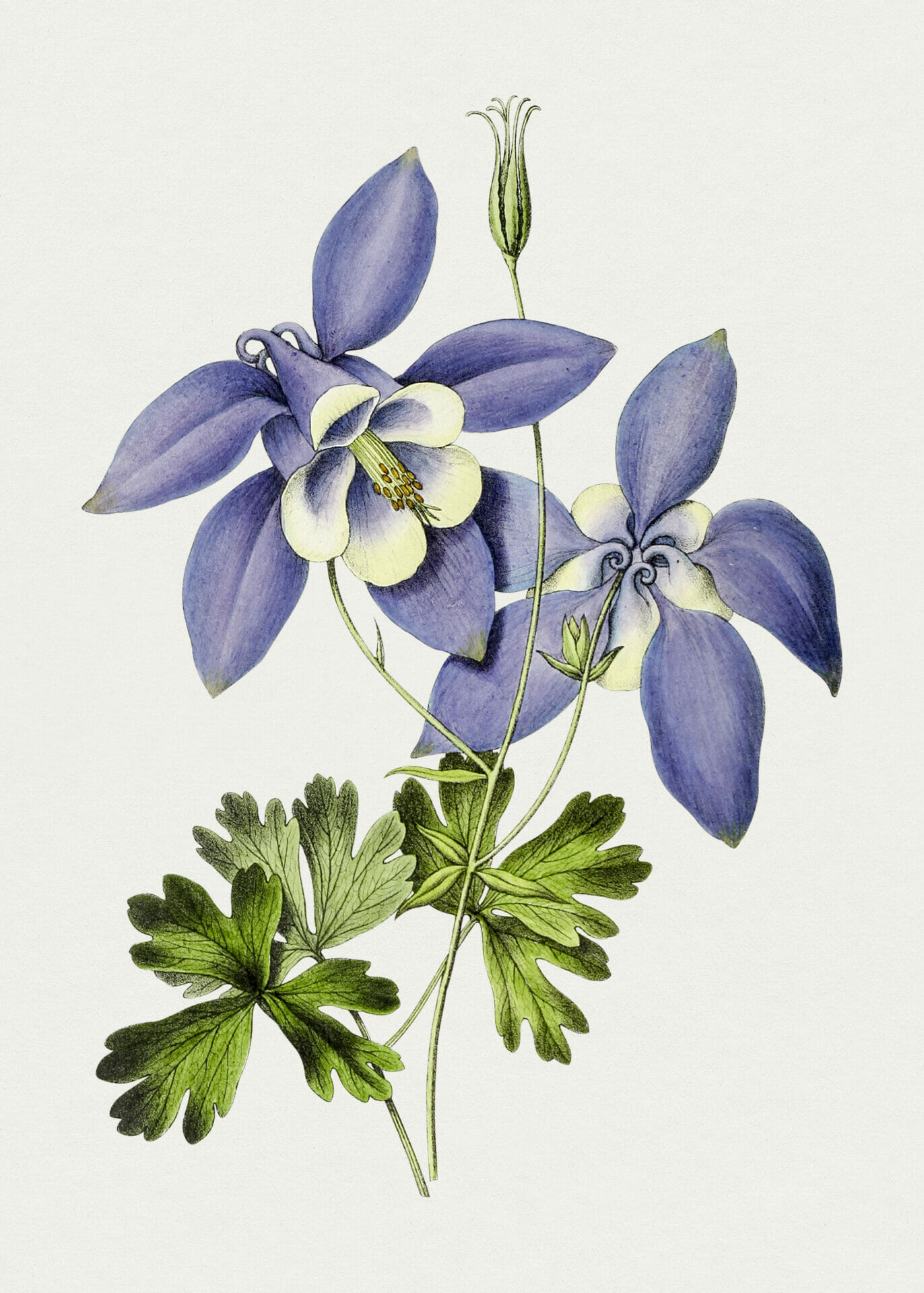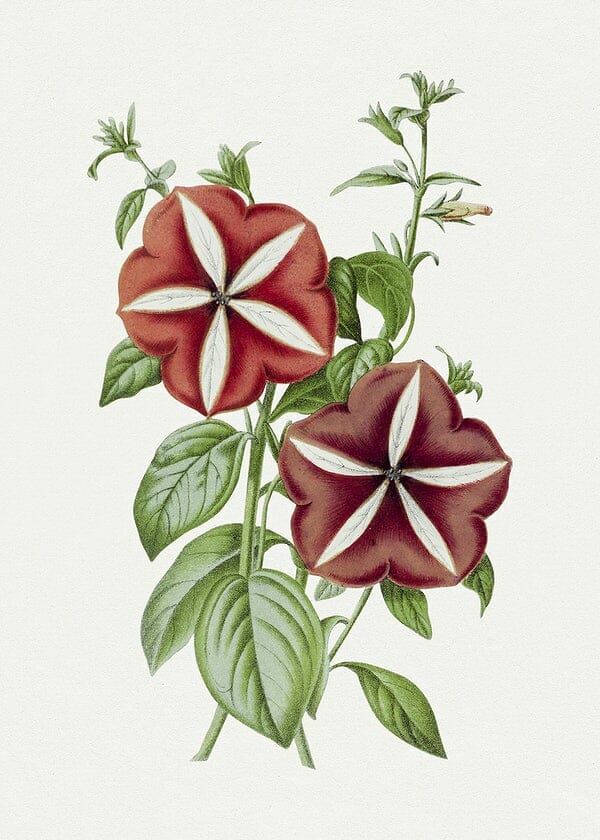
Ode to Invisibility | Ellen Bass and the torment of beauty
Author
Year
Format
Length
Original language
Genre
Subgenre
Ellen Bass‘s poetry catches the pleasure of essence. The American poet inherits the form of the ode already employed by Pablo Neruda and John Keats, but with informal use of language than its predecessors. In Ode to the First Peach, she gets lost in the essence of the fruit that seems to contain everything in itself. In Reading Neruda’s “Ode to the Onion,” she immortalizes a prosaic moment as something absolute, precisely in the name of its concrete and temporary reality. About Pablo Neruda, in the poem consecrated to him, Bass says that “when he praises the onion, / nothing else exists.” This is the cipher of Bass’s poem itself: she gets lost in what she praises. In Ode to Invisibility, she extols the age of maturity in which she finds herself to the utmost degree, praising a pleasure unknown to youth.
I can be a friend to everyone, even the magnificent young,
their bodies fluid as the curl of a wave.
I can wander up to any gilded boy, touch
his gaudy bicep, lean in confidentially. I’m invisible
like a star at noon, a grain of clear sand.
The art of catching
The condition Bass praises is a blind spot, a middle ground that coincides with the pleasure of being a middle-aged woman. What is usually most unbearable in it – normality, neutrality – is also what causes the advantage of invisibility. The discourse on beauty leads to the issue of harmlessness. The woman that the poet has become can be a friend and a confidant of young people precisely by virtue of her lack of attractiveness. A kind of closeness that would not have been possible when she was young and her beauty was prey to others’ rapaciousness. So, the invisibility of the ode is a direct consequence of the end of youthful beauty. Bass defines maturity as a grand time of life. At the right distance from death, she can enjoy the freedom of splendid ugliness.
Beauty as a worry
But the pulsating center of the poem seems to be beauty, rather than invisibility. Beauty which, for young people who naturally desire it, is never enough, but which, at the same time, is always redundant. In fact, it infallibly affects those who possess it even to a small extent. Like youth, beauty is a nuisance. It is desirable, but it is also a social deficit for those possessing it. Beauty was a burden when the beautiful young poet attracted the unpleasantness of rapacious looks.
In the same way, youth – an equally tempting state – is actually a condition of social precariousness. From this point of view, Ode to Invisibility comes close to a quatrain (n 1456) by Emily Dickinson. In it, Amherst’s poet associates beauty with pain and thus insinuates that affliction is a condition of beauty itself. It does not bring only joy, because its nature is not simple, but complex, forked, two-faced. It is a gift and punishment from the gods.
Tag
Buy a ☕ for Hypercritic









